The Supreme Court in its April 20, 2020 Order reaffirmed that court operations would continue in a remote format to the greatest extent practicable, subject to narrow exceptions. That continues to be the case.
The Court in the attached February 22, 2021 Order has refined one provision of that April 20, 2020 Order. As provided in that order, certain matters with especially serious or permanent consequences or penalties still can be conducted remotely only with the consent of all parties. However, the consent of a party will not be required if the party is absent and unreachable.
Directive #06-21 (“COVID-19 – Protocol for Matters that Cannot Proceed in a Remote Format Without Consent – In Furtherance of the Supreme Court’s Orders Dated April 20, 2020 and February 22, 2021”), dated February 23, 2021 and published separately, provides guidance as to matters that can proceed remotely only with the consent of the parties. The directive provides a step-by-step protocol (1) to memorialize on the record a party’s objection to proceeding remotely, or the inability of counsel to ascertain a party’s position; (2) to provide notice to the parties, attorneys, and other participants when a matter is scheduled for an in-person court event based on an objection to proceeding remotely; and (3) to provide an opportunity for participants to request individual adjustments and accommodations that will enable the scheduled court event to proceed. Directive #06-21 also promulgates model certifications and an exemplar Order Scheduling In-Person Hearing, for use in accordance with the Court’s February 22, 2021 Order.
Questions about this notice, the Court’s February 22, 2021 Order, or Directive #06-21 may be directed to the Office of the Administrative Director of the Courts at (609) 376-3000.
/s/ Hon. Glenn A. Grant, J.A.D.
Acting Administrative Director of the Courts
Dated: February 23, 2021
NOTICE Refinement of Court Matters That Can Proceed Remotely.pdf

